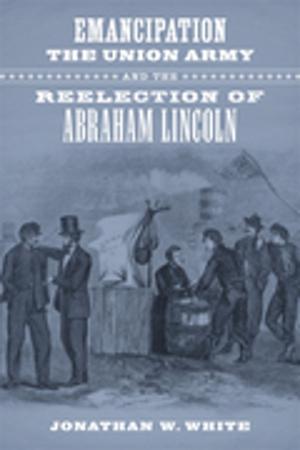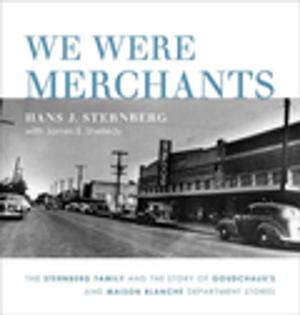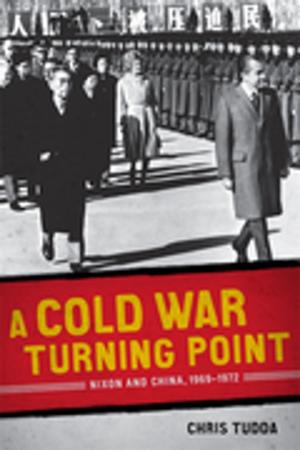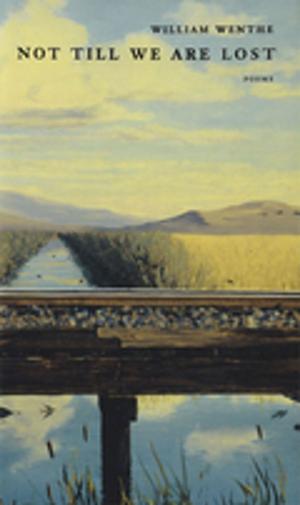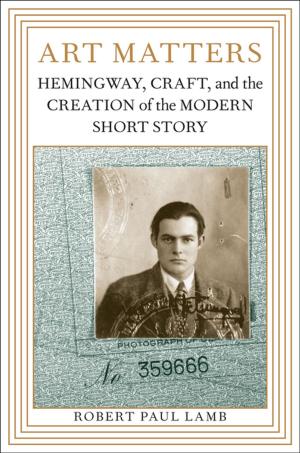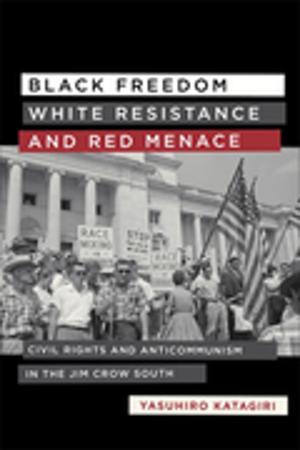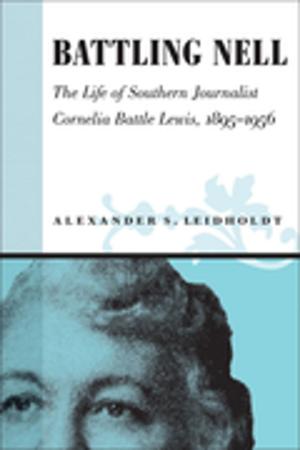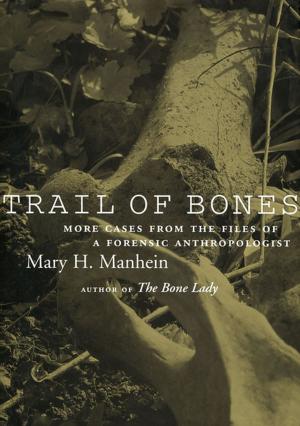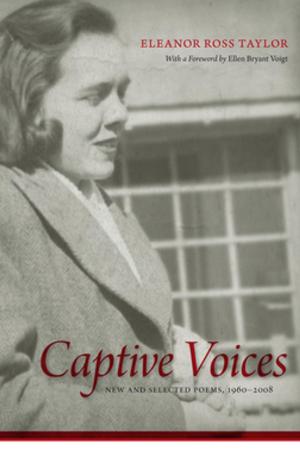| Author: | Louis D. Rubin, Jr. | ISBN: | 9780807153536 |
| Publisher: | LSU Press | Publication: | July 1, 2002 |
| Imprint: | LSU Press | Language: | English |
| Author: | Louis D. Rubin, Jr. |
| ISBN: | 9780807153536 |
| Publisher: | LSU Press |
| Publication: | July 1, 2002 |
| Imprint: | LSU Press |
| Language: | English |
Louis Rubin's people on his father's side were odd, inscrutable, and remarkable. In contrast to his mother's family, who were "normal, good people devoid of mystery," the ways of the Rubins both puzzled and attracted him. In My Father's People, Rubin tells "as best I can about them all -- my father, his three brothers, and his three sisters." It is a searching, sensitive story of Americanization, assimilation, and the displacement -- and survival -- of a religious heritage.
Born between 1888 and 1902 in Charleston, South Carolina, their father an immigrant Russian Jew, the Rubin children suffered dire poverty, humiliation, and separation when their parents became incapacitated. Three of the boys were sent to the Hebrew Orphans' Home in Atlanta for several years. Yet the sons all managed to build long, productive, even notable lives and livelihoods, becoming, variously, a newspaper editor, Broadway playwright and Hollywood screenwriter, businessman, and -- in the case of Rubin's father -- a far-famed long-range weather prognosticator.
Private people, reticent to discuss their painful early years, the Rubins were not easily knowable. Still, the author draws a strikingly candid portrait of each, using memories, stories, keen insight, and broad empathy -- fascinating character studies full of individual propensities and peculiarities that together reveal the wider family resemblance. Although the Rubins were mostly nonreligious as adults, their family's rabbinical tradition and their experience as southern Jews were key to their vocational fervor and the lives they made for themselves. "They were Americans, and they were Jews," Rubin concludes. "These were enough."
Told with Louis Rubin's signature eloquence and wit, My Father's People is a testimony to the courage of immigrant southern Jews and their gifts to their chosen country.
Louis Rubin's people on his father's side were odd, inscrutable, and remarkable. In contrast to his mother's family, who were "normal, good people devoid of mystery," the ways of the Rubins both puzzled and attracted him. In My Father's People, Rubin tells "as best I can about them all -- my father, his three brothers, and his three sisters." It is a searching, sensitive story of Americanization, assimilation, and the displacement -- and survival -- of a religious heritage.
Born between 1888 and 1902 in Charleston, South Carolina, their father an immigrant Russian Jew, the Rubin children suffered dire poverty, humiliation, and separation when their parents became incapacitated. Three of the boys were sent to the Hebrew Orphans' Home in Atlanta for several years. Yet the sons all managed to build long, productive, even notable lives and livelihoods, becoming, variously, a newspaper editor, Broadway playwright and Hollywood screenwriter, businessman, and -- in the case of Rubin's father -- a far-famed long-range weather prognosticator.
Private people, reticent to discuss their painful early years, the Rubins were not easily knowable. Still, the author draws a strikingly candid portrait of each, using memories, stories, keen insight, and broad empathy -- fascinating character studies full of individual propensities and peculiarities that together reveal the wider family resemblance. Although the Rubins were mostly nonreligious as adults, their family's rabbinical tradition and their experience as southern Jews were key to their vocational fervor and the lives they made for themselves. "They were Americans, and they were Jews," Rubin concludes. "These were enough."
Told with Louis Rubin's signature eloquence and wit, My Father's People is a testimony to the courage of immigrant southern Jews and their gifts to their chosen country.


